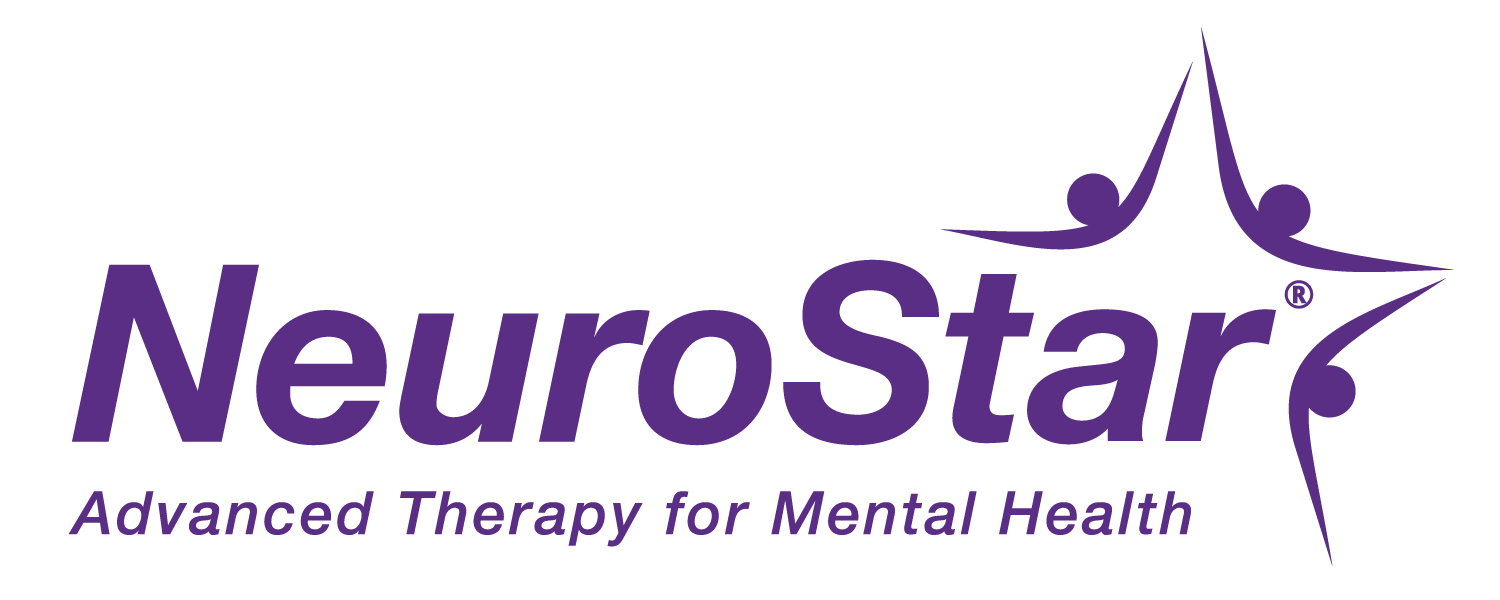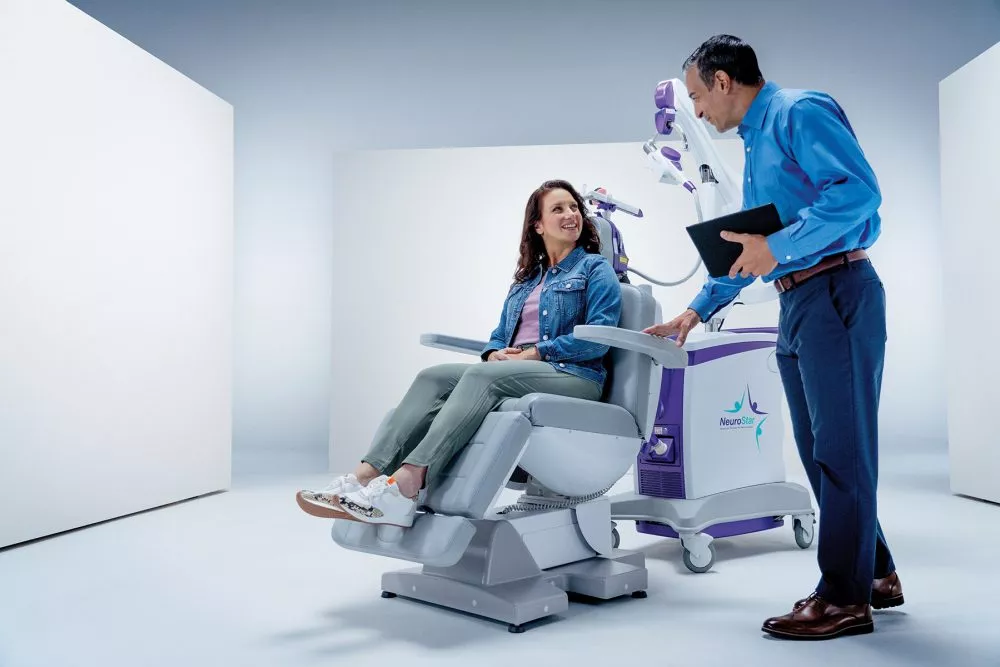It’s estimated that over 15 million Americans suffer from Major Depressive Disorder (MDD), which showcases why this illness needs to be addressed and treated quickly. Depression can negatively impact all aspects of your life, be it at home, school, or work. Therefore, it’s highly important to treat depression effectively. There are various antidepressants that may minimize the symptoms of MDD. However, TMS therapy tops the list as one of the most efficient ways of reducing symptoms.
How does TMS Therapy Help?
Not all symptoms of depression can be adequately resolved by medication or therapy. Those struggling with Major Depressive Disorder may have tried different classes of medication with varying results and side effects. Some may see a little benefit or no benefit and want to know what alternatives there are to medication.
The stigma surrounding mental health has greatly improved over the years, but there are still those who have never heard of TMS or confuse the treatment with Electroconvulsive therapy (ECT). Using electromagnetic pulses, TMS offers a non-invasive treatment option for Major Depressive Disorder without the common side effects of other treatments.
Advantages of TMS Therapy
TMS plays a critical role when dealing with the subject of improving symptoms of depression. In addition to targeting the mood-regulating areas in the brain to alleviate symptoms of Major Depressive Disorder, TMS has a number of advantages, some of which are highlighted below:
- Noninvasive
The most significant reason Transcranial Magnetic Stimulation therapy is becoming more and more acceptable in the field of medicine during the past decade is that no part of the treatment is invasive. A coil is placed gently against the patient’s head to direct electromagnetic pulses.
- Safe
TMS has been tested thoroughly and is a relatively safe treatment option. The most common side effect is minor scalp discomfort at the site of treatment that usually resolves during treatment.
- Effective and Efficient
A real-world study published in J Affective Disorders reported an 83% response rate. This means that 83% of patients that completed their TMS therapy saw a clinically significant improvement in their symptoms. The same real-world study reported a 62% remission rate, meaning that 62% of patients who completed treatment likely wouldn’t be diagnosed with MDD if they were first being evaluated by their doctor
Why Choose SNBCare?
The providers at Spectrum Neuro Behavioral Care have been providing mental health care in New England for over a decade. Our mission, vision, and values have guided our work and shaped our directions to expand and help as many communities as possible. SNBCare is dedicated to providing the highest quality services to our community in a caring, patient-friendly environment. We provide coordinated care to best serve the patient’s individual needs including TMS.
Transcranial Magnetic Stimulation therapy is a promising treatment that offers long-lasting relief to patients struggling with treatment-resistant depression. In addition, the safety and noninvasive nature of the treatment make it flexible for the patients to seek TMS treatment as well. In short, TMS has a promising future with various types of research exploring the premise of the treatment’s application.


